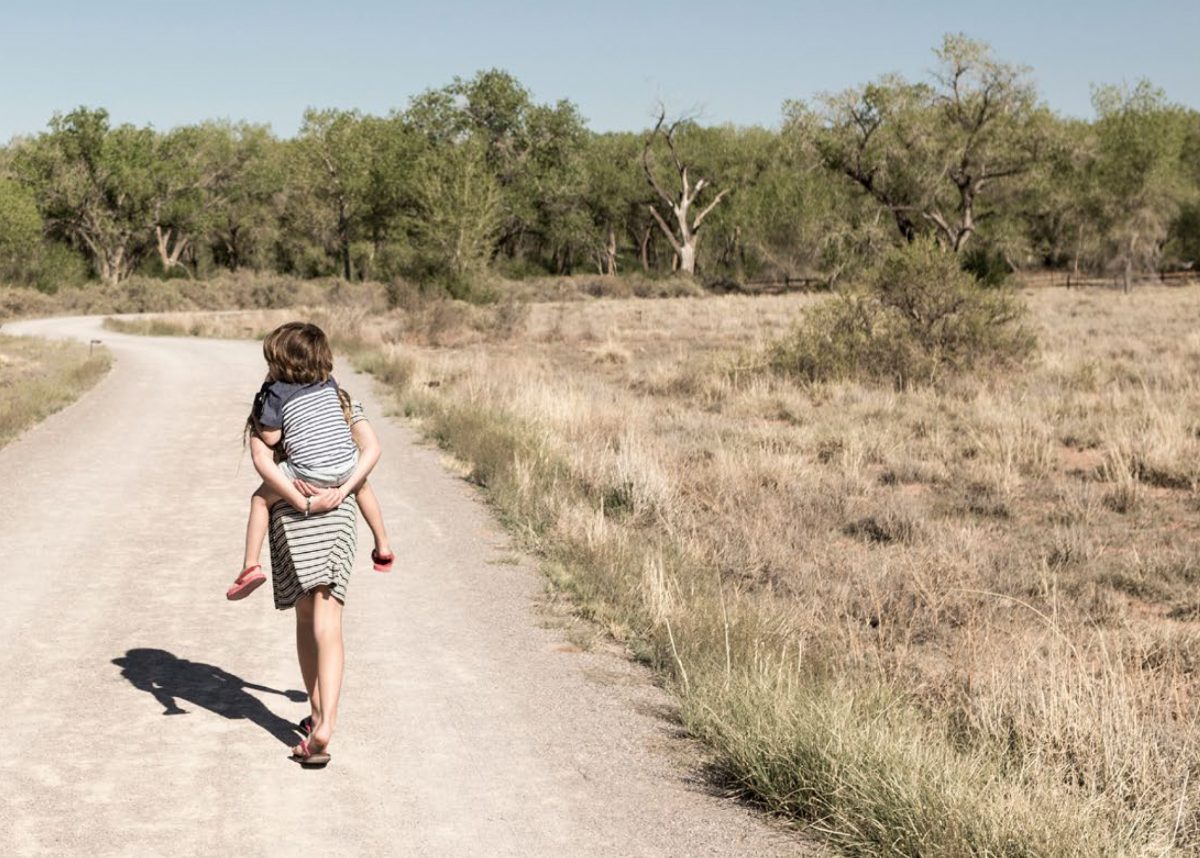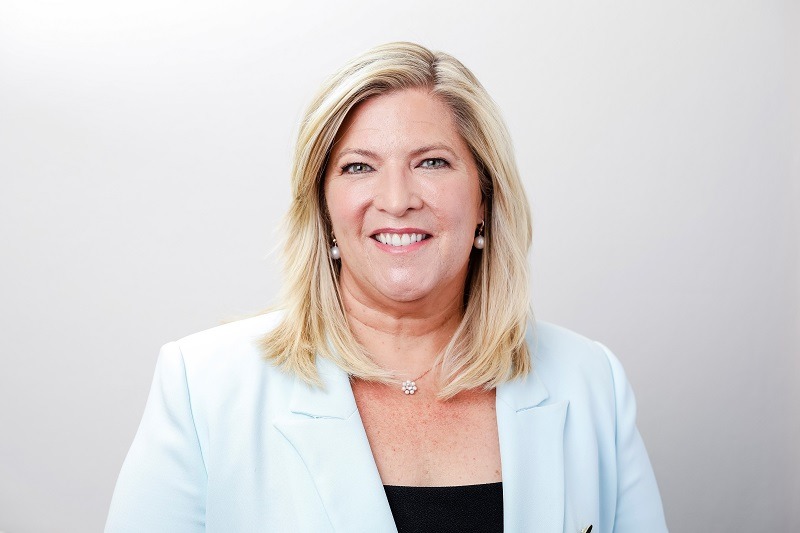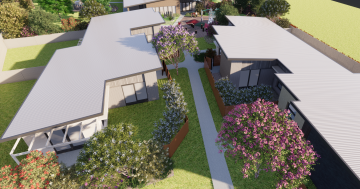
Many women and children who have suffered domestic violence often find themselves forced to flee their homes. Photo: NSW Health.
An expansion of the Staying Home Leaving Violence program into the Wagga Wagga and Queanbeyan regions will help victim-survivors of domestic violence stay safely in a home of their choice, while the perpetrator is removed.
Already up and running in the Griffith and Bega areas, the innovative program is being expanded to 14 additional NSW local government areas, providing support to more vulnerable women.
The program will also be trialled across three local government areas where demand is lower, or where there are geographical barriers to accessing mainstream services, including the Snowy Monaro region.
The trial will include combining technological solutions and outreach services to deliver safety planning and case management support.
Support available to victim-survivors through the program can include improved home security, intensive case management, legal assistance, and financial advice.
Minister for Women’s Safety and the Prevention of Domestic and Sexual Violence Natalie Ward said the Staying Home Leaving Violence program “provides support to women and children who have suffered domestic violence by allowing them to stay safely and heal in their own home while the perpetrator is removed”.
“Earlier this year I announced phase one of the expansion, including $20 million for 28 existing Staying Home Leaving Violence service providers to extend their service reach from 33 locations to 70,” she said.
“We’re announcing $12.5 million to deliver phases two and three, to deliver 11 new locations and trial the program in three additional locations, to help even more victim-survivors.”
Minister for Women, Regional Health and Mental Health Bronnie Taylor said the program was an example of the NSW Government expanding comprehensive services to support domestic violence victim-survivors right across the state.
“We know that being surrounded by a strong support network is incredibly important for victim-survivors, but the reality is, many women and children who have suffered domestic violence often find themselves forced to flee their homes, and this means they may also lose touch with their trusted network,” Mrs Taylor said.

Minister for Women, Regional Health and Mental Health Bronnie Taylor says the expansion will support an additional 2,100 women and children. Photo: File.
“This program will allow more women and children across the state to stay closer to their family, friends, school and employment, while receiving support and the services they need to remain safe while they rebuild their lives.”
The Staying Home Leaving Violence program has already helped more than 4,500 women and children to stay safe and the expansion will help support an additional 2,100 women and children across NSW.
Leaving a violent and abusive relationship can be hard. It may mean having to move to a new area and having to start life over with a new home, new job and new school for the kids. Victims may also be short on money and not in a good headspace.
These are only some of the reasons why women stay in an abusive relationship. Leaving the situation can be stressful and overwhelming, especially with little or no support.
The aim of the Staying Home Leaving Violence program is to prevent victims and their children becoming homeless or having to move away from their support system of family and friends, schools and the local community.
The program runs in cooperation with NSW Police to remove the perpetrator (the violent partner) from the family home. Women separated from a violent partner but who continue to experience abuse from their ex-partner are a priority for the program.
Priority is also given to women who have experienced domestic and family violence before and are from an Aboriginal and Torres Strait Islander or culturally diverse background, affected by socio-economic disadvantage or social exclusion, who have a disability or who are caring for a child with a disability.
Young people aged 16 to 18 years will be referred to a service that can help them.
For confidential advice, support and referrals, contact: 1800 RESPECT (1800 737 732), The NSW Domestic Violence Line (1800 65 64 63), NSW Rape Crisis (1800 424 017) or Men’s Referral Service (1300 766 491). In an emergency, call triple zero (000).




